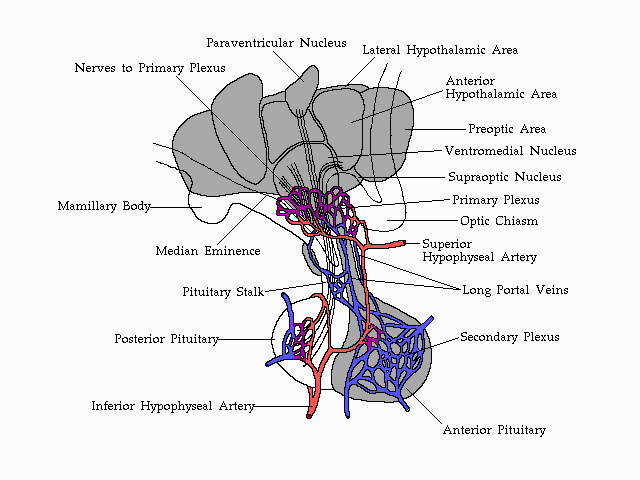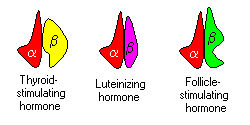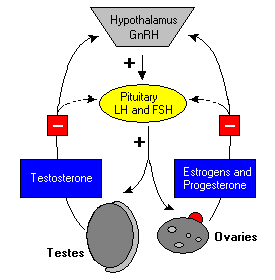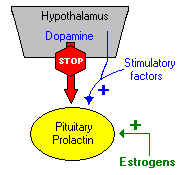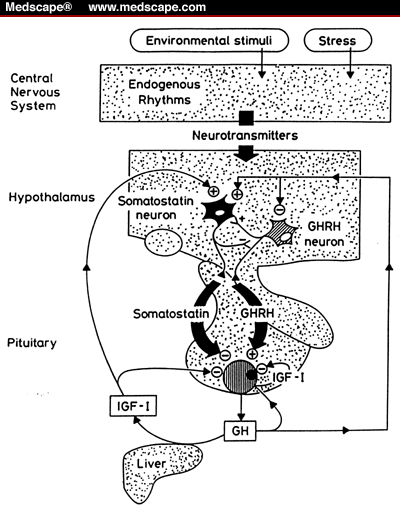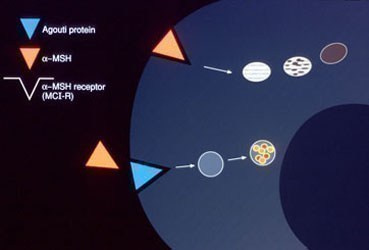Anterior Pituitary
What is anterior pituitary gland I say?
Anterior pituitary is my topic for today
It is also called adenopophysis
The out pocketing of the primitive buccal epitheliums it’s origins
It has 7 distinct hormones that secretes cells
Adrenocorticotrophic Hormone (ACTH) is my first scene
Its stimulates the adrenal gland formationACTH is also known ascorticotrophin.
Luteinizing Hormone (LH) is my secondhormone
It stimulates ovulation and the development of the corpus luteum in the female
The production of testosterone by the interstitial cells of the testis in the male
That helps our body everyday.Thyroid-Stimulating Hormone (TSH)
is the third place I’ve seen
Thyrotrophs a type of basophil that secretes thyrotropin
.
This secretes its own hormone that I recall
Thyrotrophin is what they also call.
FSH stimulates the maturation of ovarian follicle
FSH is also critical for sperm production
Support many aspects of sperm cell maturation.
Prolactin (PRL) is my fifth
A single-chain protein hormone closely related to growth hormone
It is secreted by so-called lactotrophs
most prominently various immune cells
Growth Hormone is my sixth hormones (GH)
A protein hormone of about 190 amino acids
Secreted by cells called somatotrophs
That control several complex physiologic processes
Melanocyte-Stimulating Hormone (MSH) is my lasts
Exact role in humans unknown, but increases skin pigmentation in amphibians.
Skin cells that contain the black pigment, melanin.
Hope you just understood
What I just reviewed
Which I just did
For you to read
